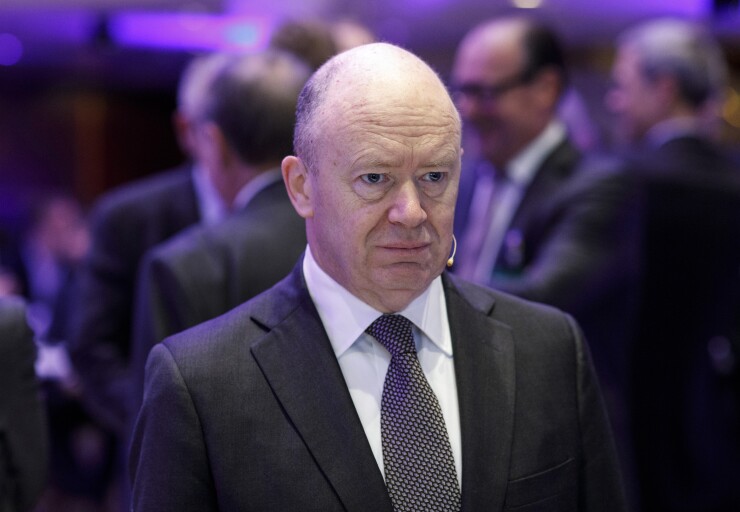Receiving Wide Coverage ...
Metal manipulation
Three metals traders at JPMorgan Chase were charged by U.S. prosecutors with running a “massive, multiyear scheme” to manipulate markets. The prosecutors, who “warned they were continuing to probe higher echelons” at the bank, charged Michael Nowak, head of precious metals trading, and two underlings, Gregg Smith and Christopher Jordan, “on federal racketeering charges normally used to take down organized crime syndicates,” according to the Financial Times.
“The case will increase scrutiny over global precious metals markets and the dominance of large banks such as JPMorgan, with prosecutors indicating more senior executives and
“In addition to spoofing and other federal offenses, the indictment
The three “used multiple fake orders to
The scheme, which went on from 2008 to 2016, “generated
Clueless?
The weekend drone strike on Saudi Arabian oil facilities prompted a renewed attack on the Federal Reserve by President Trump Monday, who questioned on Twitter whether the Fed would “ever get into the game.” He said the Fed and its chairman, Jerome Powell, “don’t have a clue” and “badgered” them to lower interest rates at this week’s monetary policy meeting. “And now, on top of it all, the Oil hit,” Trump wrote. “Big Interest Rate Drop, Stimulus!”
Wall Street Journal
Hard times
Banks that have aggressively used high online savings rates to bring in customers may find that their “growth may stall” now that rates are falling. “Many banks started offering these accounts — which often paid interest rates of at least 2% — in the past couple of years to attract depositors. But some of those lenders, including PNC, Citizens Financial and CIT Group have recently started
Yet, “those accounts still pay better rates than many lenders.” The paper quotes Citizens CEO Bruce Van Saun as saying "in an interview in mid-July that the flow of new money into those accounts could slow if the Fed cuts rates more than twice." They've cut once since then and are expected to cut again tomorrow.
Going national
Fifth Third Bancorp has become the latest bank to switch from state regulation to being overseen by the Office of the Comptroller of the Currency, which has “struck a friendlier tone with the industry.” It would be the sixth bank and
“The national bank charter continues to have great value in providing banks a flexible regulatory framework,” said OCC head Joseph Otting, who has “praised national charters as a way to let banks operate more efficiently and be regulated more thoroughly.”
Financial Times
Back in the game
John Cryan, Deutsche Bank’s former CEO who was “ousted in April 2018, two years before his contract was due to end,

Lots more to do
Swedbank, trying to overcome a $135 billion money laundering scandal in the Baltics, said it
Washington Post
Storm clouds
Financial institutions that are “’too big to fail’ are alive, well, and — thanks to Trump-era deregulation —
Elsewhere
More deregulation
Federal regulators “are considering ripping up a rule that’s forced banks to set aside billions of dollars for swaps trades, one of [the] most consequential wins of the Trump era” for big Wall Street banks, Bloomberg reports. The Federal Deposit Insurance Corp. is holding a public meeting Tuesday to propose eliminating the requirement, while the Federal Reserve and the OCC are expected to go along.
“The move is the latest sign of how, bit by bit, watchdogs appointed by President Donald Trump are
Quotable
“The most dangerous systemic and moral hazard risks in the financial system from [too big to fail] have been increased — some significantly — and the





